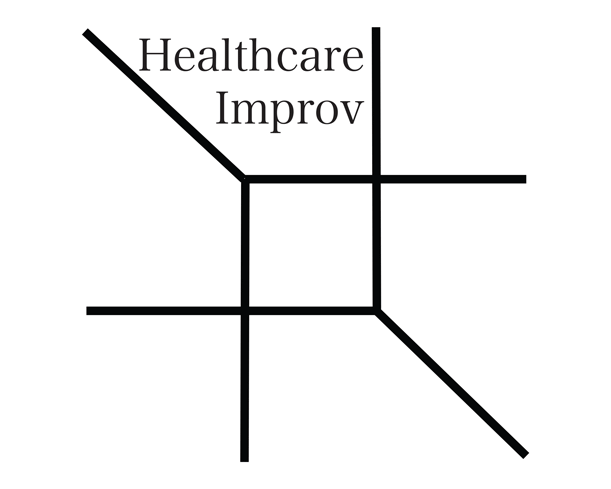Fallingwater
Well well well, it has been a week and one day of writing every day. It has been very helpful in how I think about the ideas that I discuss in our improv workshops and lectures. It is especially helpful since I have two workshops for faculty development this month. The first one is actually today. We are going to discuss the idea of emotion and emotional intelligence. Then in two weeks is our workshop on developing trust. These last two workshops form the last unit in a four unit series that we did this year for faculty development. I’ve said it before and will continue to say how thankful I am for all of those that were able to attend this year‘s workshops. I have done many of these workshops over the last four years, and I continue to learn something new each time from the insight that attendees share. If you are a previous attendee of a workshop, thank you!
Today’s faculty development workshop topic is emotion. I am by no means an expert on the science of emotion and emotional intelligence. As a physician, I have found myself in several highly emotional situations with limited or no formal training in how best to handle these situations. Most of the education in communication and emotional intelligence I received in my years of schooling was either one afternoon where we talk about emotion, sandwiched in between eight hours of lectures on very dense pathophysiology or was just what I could gather from people who I saw do it well. The problem with the one afternoon in medical school to deal with how we handle emotion is manifold. 1. It was not prioritized as I was in survival mode and trying my best to learn the other material I needed to for the test. 2. Unless the exact scenarios discussed came up, this type of education, even if done routinely, has limited ability to transfer to new situations. Even if there is a simulation involved, the stakes of telling someone bad news is noticeably easier when everyone knows it is not real. Simulation of some type is clearly better than a lecture on these materials but still is quite lacking. Then there is the education that came from observing how your mentors handle emotional situations. I found this more helpful than the simulations we practiced that one afternoon earlier in medical school. This can still lead to suboptimal interactions because my mentors may be like me, but I am clearly not them. So, the ability to truly emotionally connect in the way that my mentors did in these emotionally charged situations is very limited. Also, it requires being able to read and understand the mentors emotional state in that moment, which will be quite challenging because, as mentioned earlier, the only training in such skills was an afternoon two years earlier. What can be done to help those entering such highly emotional fields like healthcare? Quite the challenge!
The answer to this challenge? You guessed it…Improv! Performing and studying improv has helped me be better than any training for the emotionally charged situations that are inevitable in healthcare. My solution prior, although not formally but definitely in practice, was to just block emotions that made me uncomfortable. It was not quite yelling “Serenity Now”, but it was limiting connections at work and in my life during the moments that connection was needed most. I knew that improv was helping me understand my emotions and connect with people on a deeper level but could not say why. Reading the works of Lisa Feldman Barrett explained how it was happening. One of her central ideas is that we are the architects of our own emotional world. What we do today affects how we respond to tomorrow’s challenges. In improv practice, we often used emotion to be a landing spot for connection. We may focus on it for one practice but every time I practiced improv or practiced using the skills necessary, I was practicing connecting to the emotions of my conversation partner. In addition to providing a system to help connect to emotions, improv has provided a greater number of stories to consider that my brain can use for its predictions in the world. Here is a TED talk from Lisa Feldman Barrett that will be helpful and hopefully you can become the Frank Lloyd Wright of your emotional world!
See you tomorrow!

